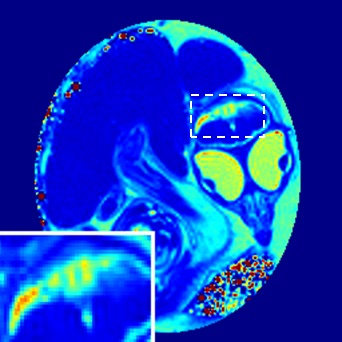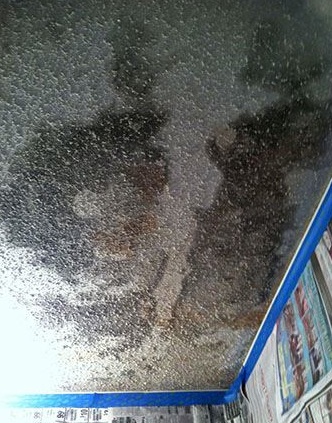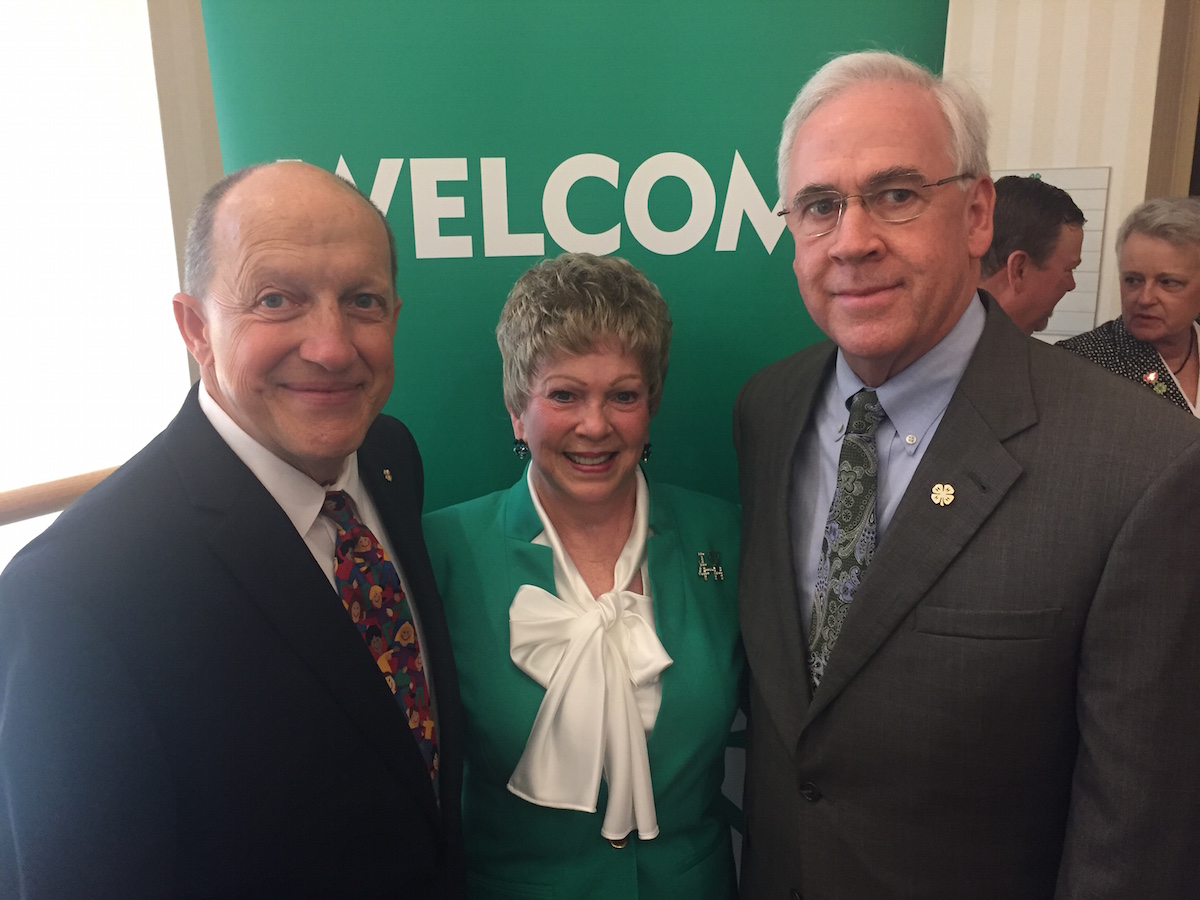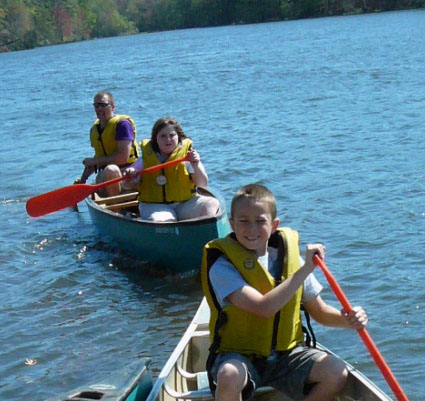Becoming a parent can mean being hyper aware of the dangers household items—like the stairs, electrical outlets and sharp table corners—can pose to a child. However, some the biggest threats to a child’s safety aren’t visible to the naked eye.
This fall, University of Georgia Extension agents started working with local hospitals to help teach new moms and dads about the dangers of radon. They also are teaming up with parents for Children’s Health Month this October, working to keep Georgians aware of the environmental dangers that could be in their homes—from radon, lead paint and poisonous household chemicals.
“We want to make sure that parents have the tools and information needed to keep their homes healthy and safe for their families,” said Pamela Turner, a UGA Extension housing specialist in the College of Family and Consumer Sciences. “We want children to be safe in the environment where they live, where they play, where they sleep — to have that comfort of being at home.”
Radon awareness.
UGA Extension has offered radon education and testing services to Georgians for the past 10 years.
“Many parents are more concerned about the health of the children than themselves. When parents learn of the dangers of radon gas, they will test their home for radon if the child’s health is at risk,” said Becky Chenhall, a UGA Extension radon educator in the college.
Radon, a radioactive gas naturally present in north Georgia’s granite bed rock, is the leading cause of lung cancer among non-smokers and the second-leading cause of lung cancer overall. The gas leaches out of granite and seeps into homes, where it can collect and reach carcinogenic concentrations over time. In Georgia, more people die from radon-induced lung cancer each year than from drunk driving.
While everyone is susceptible to the dangers posed by radon, children face the greatest risks because their lungs are still developing; and, depending on age, they breathe about twice as rapidly as adults. Also, children spend more time near the ground where radon — which is heavier than the ambient air — is in higher concentrations.
Chenhall and UGA Extension radon educator Morgan Barnett have been working directly with pediatricians and prenatal instructors at hospitals to teach new parents the dangers of radon — including information about low-cost, homeowner-conducted tests.
“Your neighbor’s house could have a low level of radon while yours could have a high amount, or vice versa,” Barnett said. “Testing your home is the only way to know if you and your family are at risk. Radon is a health concern particularly in north Georgia, but the good news is that all homes with a radon problem can be fixed.”
High residential levels of radon can be addressed through a licensed abatement company, which usually achieves abatement by adding extra ventilation to the home’s crawl space or basement.
Lead poisoning.
In addition to radon awareness, UGA Extension agents conduct a number of safe housing workshops throughout the year on reducing children’s exposure to lead.
Lead is a toxic metal that was used for many years in products found in and around homes. The primary cause of poisoning is chipping and peeling lead-based paint used in homes built before 1978. Lead also can be found in drinking water supplied by lead pipes and in the soil around buildings and on antique toys painted with lead paint.
Children six years old and under are at the greatest risk. If lead poisoning is not detected early, children with high levels can suffer from behavior and learning problems, brain damage, slowed growth and headaches. Adults can suffer from high blood pressure, reproductive and memory problems and nerve disorders. Because there are no obvious symptoms, lead poisoning frequently goes unrecognized.
Some lead problems should be addressed by professional companies, but parents can take several steps to keep from exposing a child to lead. The simplest may be to institute a “no shoes” policy inside the house and to use a doormat, Turner said. This keeps visitors and family members from tracking in lead dust or other materials that may be harmful to children.
“We track in all sorts of mud and dust into our homes on the bottom of our shoes,” she said. “You walk on the carpet, the dust becomes lodged in the carpet, and your children play on the carpet. Leaving your shoes by the door is one of the easiest, cheapest things you can do to make your home healthier — whether you’re concerned about lead, pollen or other contaminants.”
Household poisons.
UGA Extension also provides information about keeping children safe from household chemical poisoning and provides step-by-step instructions on poison-proofing a home.
In recent years, child health educators have seen an increase in accidental poisonings due to “poison look-alikes,” said Turner, who along with UGA Extension specialists Sharon Gibson and Diane Bales co-authored an in-depth bulletin about the problems.
Poison look-alikes are potentially harmful substances that can easily be mistaken for safe ones, usually because they look the same or have very similar packaging. Often, they are used for cleaning, self-care or first aid; but, if used incorrectly or mistaken for something else, they can be harmful.
“When parents get in a hurry or are distracted, accidents can happen,” Gibson said. “It is easy to put your cat’s ear-mite drops into your eyes by mistake or to grab the tube of muscle soothing cream instead of the toothpaste. Mistakes like these can cause problems ranging from temporary discomfort, severe illness, permanent injury or even death.”
For more information about keeping potentially harmful products — including lead and household poisons — out of the hands of children, see www.fcs.uga.edu/ext/housing or call 800-ASK-UGA1. For more information about UGA Extension housing programs, see www.gafamilies.org/housing or www.fcs.uga.edu/ext/housing.
For more information about UGA Extension’s radon awareness program, see www.ugaradon.org or email Chenhall at chenhall@uga.edu or Barnett at morgan22@uga.edu.







